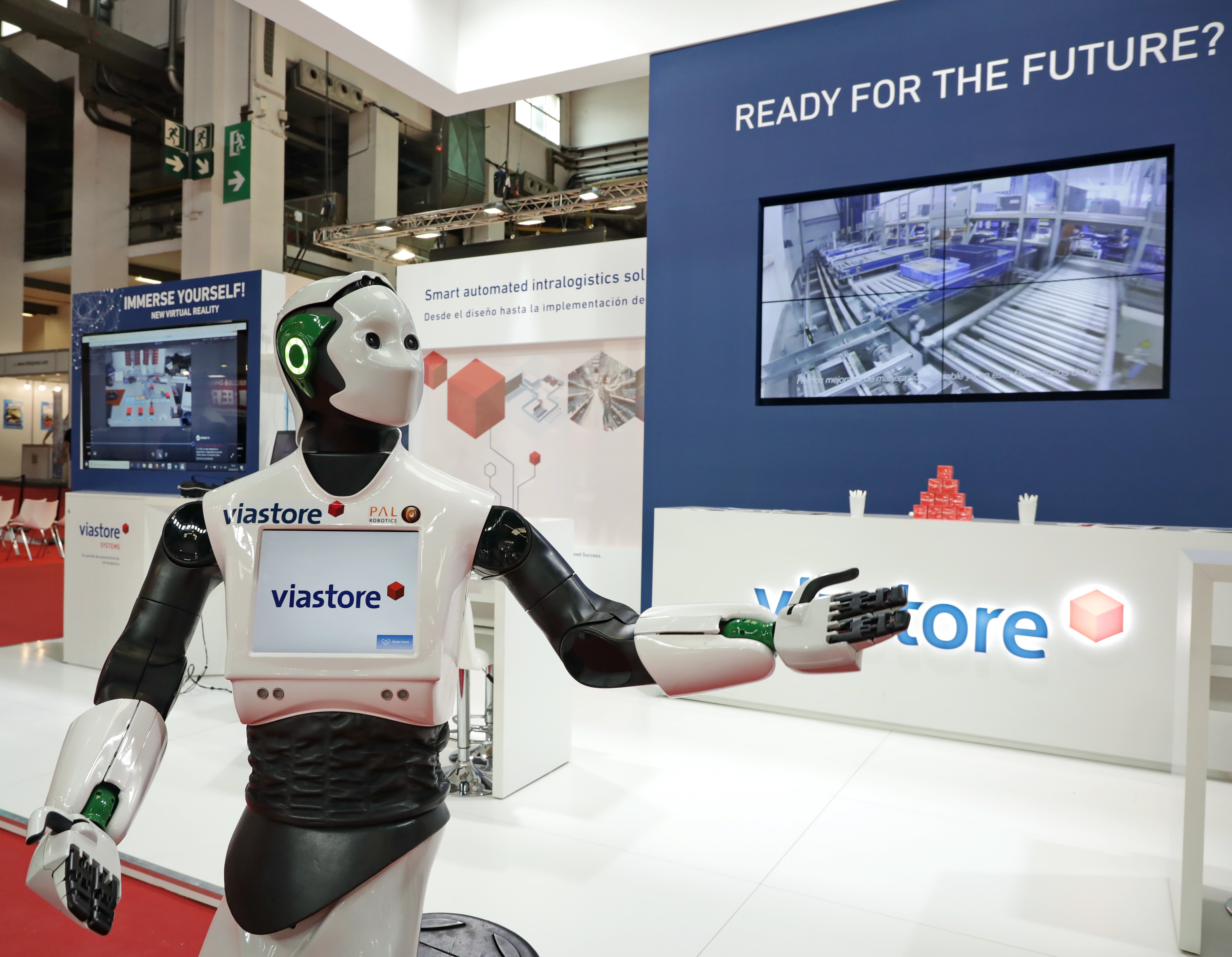Intelligent logistics are a reality and technologies such as big data, AI and the internet of things are being strongly implemented in the industry. It’s been a while since the infrastructures and processes automatization are a reality, but the new 4.0 logistics is a step further and will allow the progressive implementation of these technologies to get to know more precisely what does the client want, to anticipate oneself to the demand and to be position the stocks in the right point.
Big data is having an increasing impact on the supply chains: from a management based on the production, we’re moving to a management based on the consumer. This technology enables to gather great amounts of data and to carry out an analysis to find the hidden information, behavior patterns, sociodemographic facts, and so on that improve the visibility of the current and future demand. In the same way, algorithms based on big data are capable of offering the best delivery route in actual time and provide information for the company’s strategy setting. In summary, it will enable producers and consumers to come closer to each other.
On the other hand, a report carried out by DHL and IBM shows the AI potential in the logistics industry. The report shows that, thanks to the AI help, the logistics industry will change its operating model of reactive actions to a more proactive and predictive ones that will generate better prospects at favorable costs in administrative, operational and oriented to the client. For example, this technology may use advanced image recognition to track down deliveries and actives, to bring autonomy to the transport from one end to the other or to predict the fluxes in the global delivery volumes taking place.
With regard to the internet of things, connectivity with objects in daily work and infrastructures would make it possible to streamline processes, increase efficiency and coordinate tasks in an automated way among intermediaries, suppliers and customers. In this sense, there are already various companies that integrate the internet of things in their logistics processes such as the RFID tagging system (radio frequency identification) or QR code identification systems and GPS tracking system, which allows monitoring an order at all times.
In the world of logistics, the blockchain is increasingly talked about. Its effectiveness is really achieved when applied in conjunction with the power of the internet of things, big data or artificial intelligence.
This technology allows processes to be optimized throughout the entire supply chain thanks to the accessibility of information and documentation and the creation of automatic processes between companies that today continue to involve long bureaucracy procedures. It helps reduce time and additional costs, as well as human errors.
Also, another advantage would be the possibility of making the supply chain a transparent process. For the moment, the Blockchain technology is beginning to appear in the logistics sector through four categories: international trade, land transport of goods, product traceability and last mile delivery.We must also mention 3D printing, which reduces the number of inventories and makes it possible to offer global and long-term availability, get a transport zero cost and immediate delivery.
For its part, robots design, which allow the automation of operations within the functions of storage, handling and preparation of orders, is another of the technologies that are revolutionizing the sector. In the intelligent future of the logistics sector we also talk about technologies that are not yet fully developed or still have implementation difficulties but that could be a medium-term reality such as drones, autonomous vehicles, smart lockers or even air stores.

